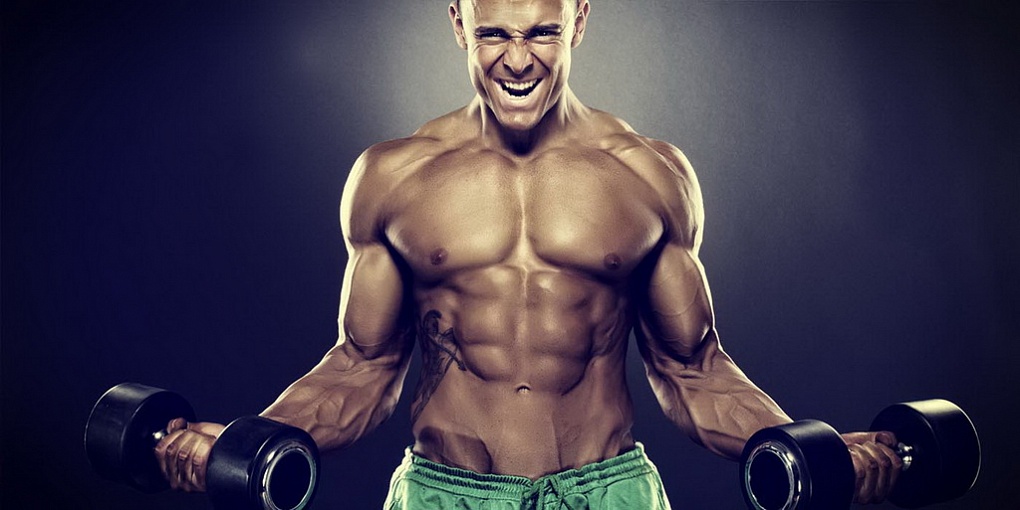The daily diet of athletes differs significantly from the standard menu of an ordinary person. Regular intense training and competition require physical and psycho-emotional endurance, so nutrition should meet the following requirements:
- Fully replenish energy costs, saturating the body with vitamins and nutrients. At the same time, calories must be kept in reserve to ensure a good metabolism and muscle growth;
- Improve athletic performance;
- Promote the rapid recovery of muscle tissue and glycogen stores in the blood and liver, which is an additional source of energy. It is this element that is consumed by the body during intense and prolonged physical exertion. Lack of glycogen negatively affects endurance and leads to rapid fatigue.
Athlete nutrition and its characteristics directly depend on the sport. So, for example, a swimmer needs fat in addition to muscles, and a runner or an athlete needs lean muscle mass. That is why you need to choose a menu taking into account the ratio of BJU (proteins, fats, carbohydrates) and calories.

Fundamentals of Sports Nutrition
A healthy metabolism is the result of a regular, balanced diet enriched with nutrients, various trace elements and vitamins. Depending on physical activity, the ratio of nutrients will change, but nutrients cannot be excluded from it.
Carbohydrates
“Fast” energy source, making up about 60% of the daily calorie content of dishes, most of which are complex carbohydrates found in vegetables and cereals. Simple carbohydrates account for about 15% and are needed to restore glycogen levels after hard training and competition. You can get them from fruits and berries or use refined sugar.
Fats
Enrich the body with fat-soluble vitamins, and are also an additional source of “long-term” energy. The athlete’s diet should contain approximately 25% of unsaturated fats found in vegetable oils, seafood, fish, seeds and nuts. A lot of fat is needed by athletes whose activities involve high heat loss, for example, swimmers or skiers. This list also includes long distance runners, cyclists who expend a lot of energy and cannot recover quickly.
Proteins
The main building material, which causes the growth of muscle tissue and improves metabolic processes. The amount of protein can vary from 20% to 35% depending on the sport. So, a large amount of protein food is necessary for athletes, throwers, short-distance runners, participants in various sports games.
Vitamins
Athletes most of all need vitamin complexes, in particular group “B”. It is they who are involved in glucose metabolism and contribute to high performance, increased endurance of the body, and also enhance the growth of muscle mass, participating in the production of protein. The list of essential vitamins includes – “A”, “E”, “PP” and “C”. Don’t forget about phosphorus, which improves metabolic processes.
Calorie content of the menu
Considering the balance of nutrition of athletes and its peculiarities , one should not forget about calories. For example, gymnasts should receive exactly as much energy as they expend during the day. Athletes, runners, football players, biathletes, on the contrary, need more energy consumption than they need. Our Grow Food lines are designed to suit any category of athlete, novice or professional.
